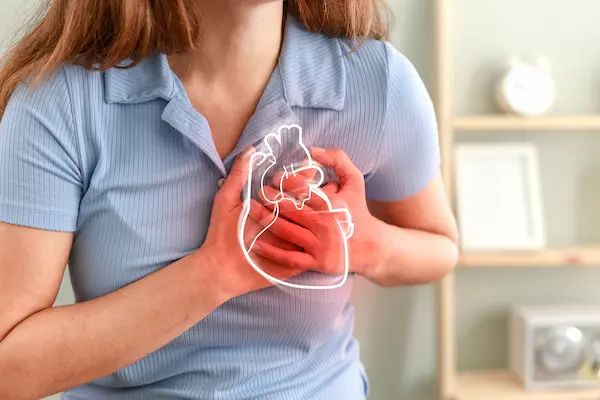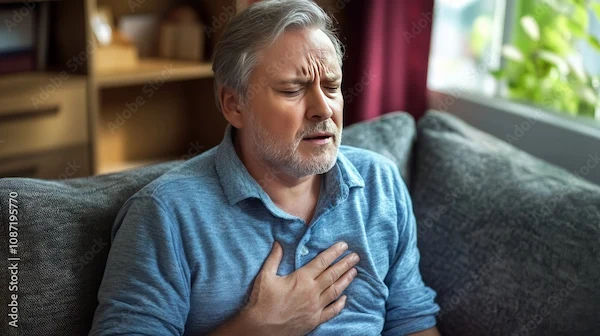- male
- 50 Years
- 22/01/2025
I've been on high BP meds for about seven years. Initially, my BP was around 140100, and my doctor put me on olmetrack 20, but it didn't do much. After 2-3 years, they added nebicard 2.5 to the olmetrack, which helped, but my BP was still around 14095 or 13590 without any diet changes or exercise. Now, for the past month, I've started dieting and taking walks, and my BP has dropped to about 12075 to 11067. I'm wondering if this improvement is because of my lifestyle change. Do I still need both meds, or should I try stopping one to see how it affects my BP?
More Cardiology Health Queries
View allI'm feeling this weird breathlessness when I lie down, but it goes away if I turn to my side. I don't have a cough or fever, and I consider myself pretty healthy otherwise. Should I be concerned about this?
Ecg and x-ray chest pa view is advised to the patient.
read more![Doctor 1]()
![Doctor 2]()
Answered by 1 Apollo Doctors
What is the most popular medication for high blood pressure?
Suggesting an antihypertensive depends on a lot of factors like age,assosiated comorbidities, drug tolerance etc
read more![Doctor 1]()
![Doctor 2]()
Answered by 1 Apollo Doctors
I'm experiencing some chest pain on the right side for the past two days, and it feels like an on-and-off thing. There's also this weird sensation of feeling cold on the inside. Should I be worried about this, or is it something that might just go away on its own?
That could be Plueritis or codtochondritis,no need to worry take adequate rest and healthy lifestyle,you can take flexon or ultrcet tablet when the pain is severr
read more![Doctor 1]()
![Doctor 2]()
Answered by 1 Apollo Doctors
Disclaimer: Answers on Apollo 247 are not intended to replace your doctor advice. Always seek help of a professional doctor in case of an medical emergency or ailment.





